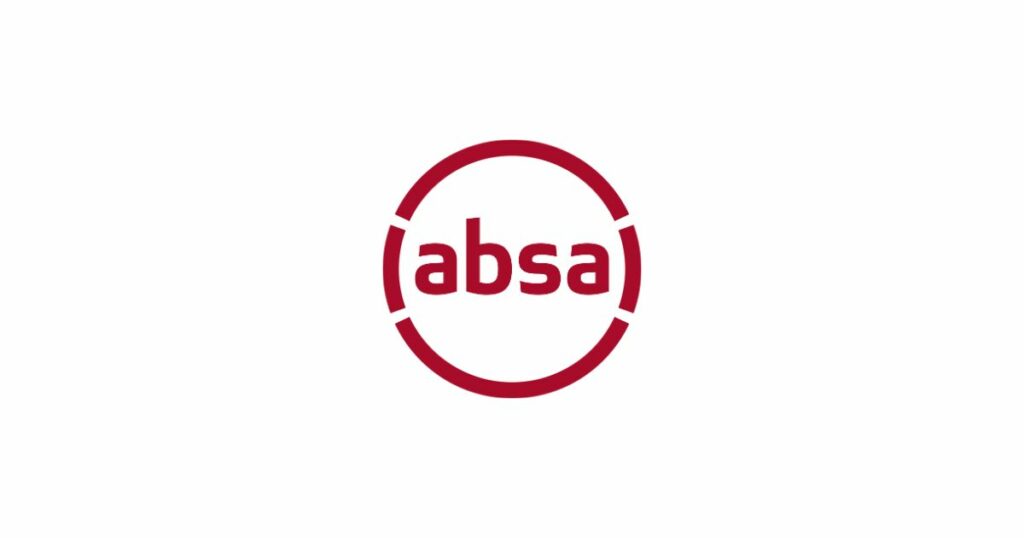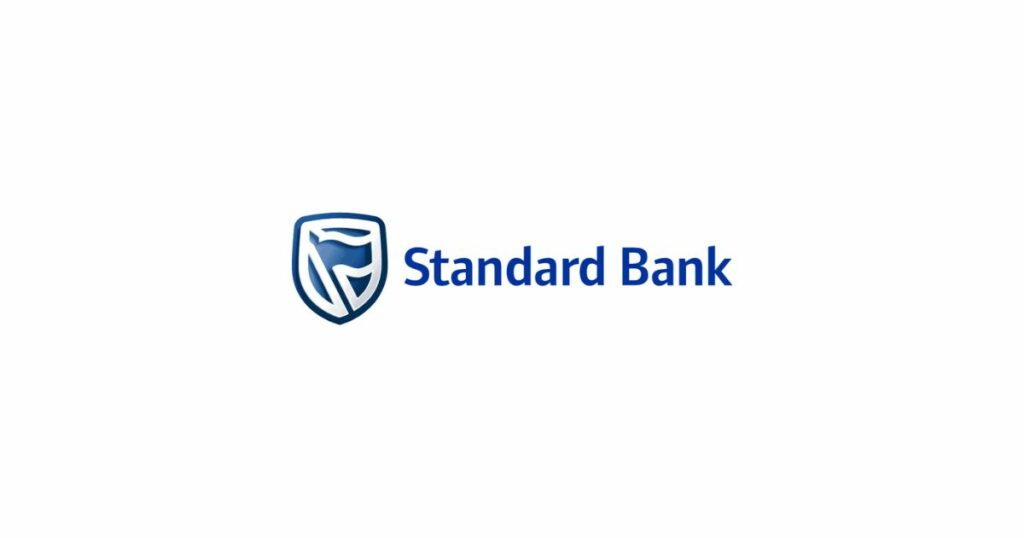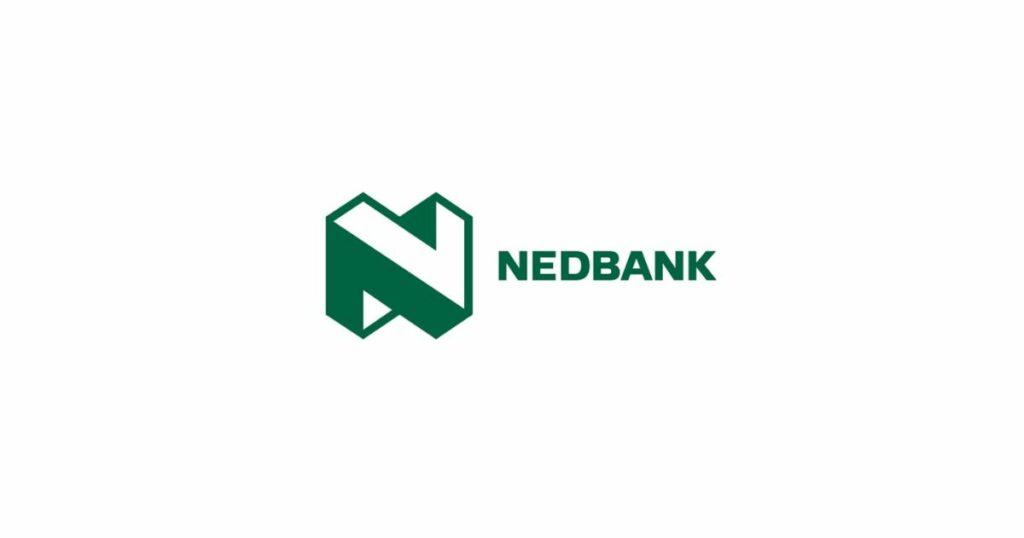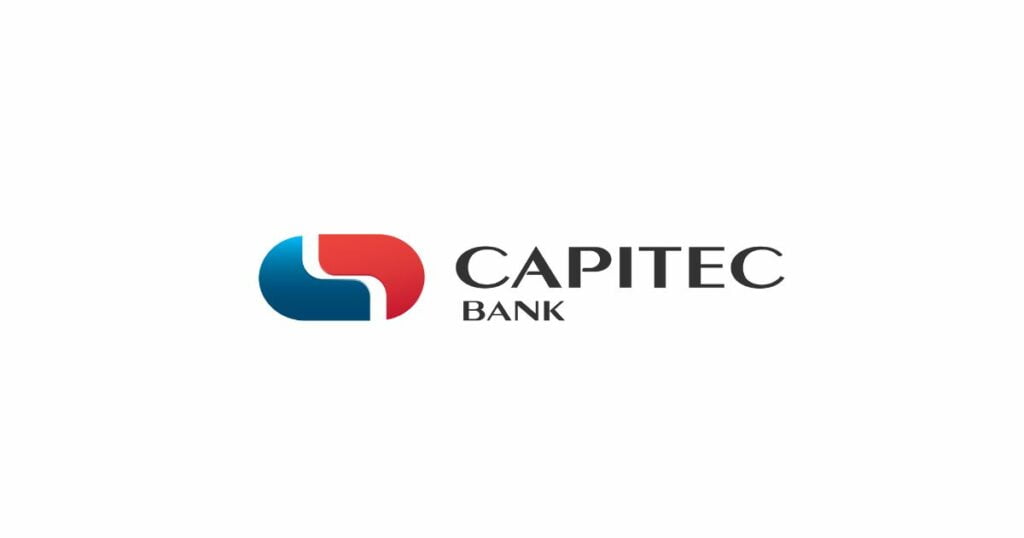
Getting a loan as a self-employed person in South Africa can be a hassle. Unlike regular employees, self-employed workers have inconsistent income, limited documentation, and are considered high-risk borrowers. This makes it difficult for them to obtain loans from traditional lenders.
We will explore loan types available for self-employed people in South Africa, the challenges in obtaining them, eligibility criteria, and tips for obtaining loans. We will also provide a list of the top lenders offering loans for the self-employed in South Africa.
Key Takeaways
- Eligibility Requirements: Self-employed individuals must meet specific criteria such as age, minimum income, and credit score, and provide necessary documentation like ID and recent payslips.
- Loan Options: A range of loans is available, including personal and business loans, with amounts up to R350,000 and terms up to 72 months. Comparing different offers is crucial.
- Alternative Financing: Besides traditional loans, alternatives like crowdfunding, peer-to-peer lending, and micro-lending are available, providing flexible terms for those who may not qualify for bank loans.
What is Self-employment?
Self-employment refers to people who work for themselves, rather than being employed by a company. There are many self-employed in South Africa, working as sole proprietors or freelancers and providing services to clients in various industries.
Self-employment provides you with the freedom to work on your own terms, choose your clients, and set your own rates. However, self-employment also means that you are responsible for your own taxes, financial management, and obtaining your own loans when needed.
Understanding Personal Self-Employment Loans
If you’re working for yourself, you can opt for either a secured or an unsecured loan. A secured loan requires you to actively pay it back and may ask for collateral. Conversely, unsecured business loans for self-employed individuals don’t need any collateral but generally come with higher interest rates because of the greater risk to the lender.
Key Features of Loans for Self-Employed Individuals
- Loan Amounts: You can borrow from R2,000 to R300,000. Lenders will review your income history to gauge your earning potential and how much you can sensibly borrow.
- Repayment Flexibility: These loans offer repayment terms from 6 to 72 months, allowing you to select a schedule that suits your monthly budget.
- Interest Rates: Rates are customized based on your personal risk profile. A good credit history could qualify you for a lower interest rate, cutting down the borrowing costs.
- Application Process: The process is simplified for convenience. You can usually apply online, making it feasible to get approval without having to visit the lender’s office in person.
These loans offer a flexible financial solution tailored to the specific needs of self-employed individuals, aiding them in managing cash flow and financing investments or operational expenses efficiently.
About Arcadia Finance
Arcadia Finance enhances loan acquisition with simplicity and efficiency. Submit a complimentary application to receive offers from 19 lenders. We guarantee that all our lending partners operate within the regulations of the National Credit Regulator of South Africa.
Challenges Faced by the Self-employed in Obtaining Loans
Self-employed individuals face unique challenges when it comes to obtaining loans, often stemming from the inconsistent nature of their income. As opposed to those with fixed monthly earnings, fluctuating income makes it difficult for lenders to assess the borrower’s ability to repay the loan. The absence of traditional payslips can make it challenging to establish creditworthiness.
Additionally, lenders often perceive self-employed individuals as high-risk borrowers due to an increased likelihood of defaulting on loan repayments. The self-employed often also lack collateral to offer as security for a loan. This absence can be another obstacle in securing loans from conventional lenders, who generally prefer tangible assets as a guarantee against potential losses.

Types of Loans Available for the Self-employed in South Africa
Despite the challenges, there are several types of loans available for people working for themselves in South Africa, including:
- Personal loans: Personal loans can be used for any personal expenses, including starting a business or investing in your business. These loans are often unsecured, which means that you do not need collateral.
- Business loans: Business loans are specifically designed to help you grow your business. These loans may require collateral, and you may need to provide documentation such as a business plan or financial statements.
- Overdraft facilities: Overdraft facilities allow you to access funds when you need them, up to a certain limit. You only pay interest on the amount you use.
- Credit cards: Credit cards can be used to make purchases or withdraw cash. You only pay interest on the amount you use, and you may be able to earn rewards.
» Read more: Short or Long Term Loans? Learn the Difference with Our Guide
Applying for a Loan as a Self-Employed Individual
When applying for a loan as a self-employed individual, it’s vital to demonstrate to lenders that your income is stable and adequate for the monthly repayments. This process is typically more intricate and requires more documents compared to standard loan applications. Here are key steps to consider:
Keep Personal and Business Finances Separate
Mixing personal and business expenses might lower taxes, but it can appear as inflated income to lenders. Clearly distinguish your business earnings and expenses in your accounts to show your actual net profit, which will help prove your ability to repay.
Gather Essential Documents
Before applying, make sure that you have all important documents ready:
- Your latest IT34 (income tax assessment).
- An auditor’s letter verifying your income and profit.
- A personal financial statement covering income and expenses for the last six months.
- Recent personal and business bank statements.
- All relevant identification documents.
Keep Your Finances Up-to-Date
Lenders evaluate your income stability and look for consistent, regular income in the months leading up to the application. Having enough disposable income or savings to cover monthly repayments is also crucial.
Check Your Credit Score
Conduct a credit check on yourself to ensure all your payments are up to date. Maintaining a healthy credit score is crucial, so consider managing small credit accounts wisely to build your credit history.
Start Saving
Accumulate savings to ease the burden of initial loan fees or to make a substantial down payment. This can reduce the overall loan amount and help you manage repayments more comfortably.
Understand the Loan Type
Different loans, such as home loans, business loans, and personal loans, have different processes and requirements. Familiarize yourself with the specific needs of the loan you are applying for, such as tax certificates or shareholder affidavits, to streamline the application process.
By following these steps, you can improve your chances of a successful loan application, ensuring you meet all lender requirements and present a strong financial profile.
Self-employed individuals face unique challenges in securing loans due to variable income streams, which can be especially tricky as they approach retirement. Explore how retirement annuities can benefit self-employed professionals as part of their retirement planning.

Top Lenders Offering Loans for Self-employed People in South Africa
When it comes to obtaining loans as a self-employed worker in South Africa, it’s essential to find a lender that meets your unique needs. The following are the top lenders offering loans for the self-employed:

FNB
FNB offers loans for self-employed people. With FNB, you can access personal loans, business loans, and revolving credit facilities. The loan amounts range from R1,000 to R300,000, and the repayment terms range from 1 to 60 months. To qualify for a loan, you must be at least 18 years old, have a minimum income of R3,000 per month, and have a good credit score.

Absa Bank
Absa Bank is one of the largest banks in South Africa and offers several types of loans for the self-employed, including personal loans, business loans, and overdraft facilities. With Absa Bank, you can access up to R350,000 in funding, and the repayment terms range from 12 to 72 months. To qualify for a loan, you must be at least 18 years old, have a minimum income of R2,000 per month, and have a good credit score.

Standard Bank
Standard Bank is another popular lender in South Africa that offers loans for self-employed individuals. With Standard Bank, you can access personal loans, business loans, and revolving credit facilities. The loan amounts range from R5,000 to R300,000, and the repayment terms range from 12 to 72 months. To qualify for a loan, you must be at least 18 years old, have a minimum income of R3,000 per month, and have a good credit score.

Nedbank
Nedbank is one of the leading banks in South Africa with loans on offer for self-employed people. With Nedbank, you can access personal loans, business loans, and revolving credit facilities. The loan amounts range from R2,000 to R350,000, and the repayment terms range from 12 to 60 months. To qualify for a loan, you must be at least 18 years old, have a minimum income of R2,500 per month, and have a good credit score.

Capitec Bank
Finally, Capitec Bank is a popular lender that offers several loans for self-employed individuals, including personal loans and business loans. With Capitec Bank, you can access up to R250,000 in funding, and the repayment terms range from 1 to 84 months. To qualify for a loan, you must be at least 18 years old, have a minimum income of R3,000 per month, and have a good credit score.
» Overwhelmed by Several Loans? Compare Consolidation Loans from Different Banks
When considering a lender, it’s essential to compare loans and their interest rates, fees, and repayment terms to find the best option for your needs. Take the time to research your options and find a lender that meets your unique needs arising from being self-employed. With the right loan, you can take your business to the next level and achieve your financial goals.
Common Eligibility Criteria for Loans if You Are Self-employed
To be eligible for loans for the self-employed, you may need to meet the following criteria:
- Age requirements: You must be at least 18 years old.
- Minimum income levels: You may need to show proof of a minimum income level to qualify for a loan.
- Business registration: If you are applying for a business loan, you may need to have your business registered.
- Credit score: Your credit score may be a factor in determining your eligibility for a loan.
» Find the Right Loan for You: Easily Compare Different Lenders with Our Handy Comparison Tool

Tips on Comparing Loans for Self-Employed Borrowers
Before committing to a loan, it’s prudent to compare options from different lenders. Since terms and conditions can vary significantly, shopping around is essential for finding the most cost-effective solution.
Low Annual Percentage Rate (APR): Seek out loans with a low APR, which encompasses both interest rates and any fees. A lower APR can lead to reduced monthly payments and lower overall borrowing costs, making it a crucial factor in choosing the most economical loan.
Additional Fees: Be mindful of any origination, administrative, or application fees linked to a loan, as these can substantially raise the total cost. Also, watch out for other potential fees like late payments or prepayment penalties, which could affect your finances in the future.
Repayment Terms: The duration over which you repay the loan will impact your monthly installments and the total interest you’ll pay. Many lenders provide repayment periods ranging from one to seven years. Select a term that fits your budget and financial goals.
Borrowing Limits: Each lender sets specific minimum and maximum loan amounts. Ensure the lender you select can provide the exact amount you require.
Funding Time: The speed at which lenders can release the loan may be crucial, particularly if you urgently need funds. While some lenders offer same-day funding, others might take a week or longer.
Co-signer Option: If your self-employed status complicates the approval process, consider lenders who allow you to include a creditworthy co-signer on your application. This can assist you in meeting the necessary income and credit requirements or securing a more favorable interest rate.
If you’re venturing into self-employment, you might be contemplating the financial avenues to support your business idea. A great starting point is to familiarize yourself with the Process to Start a Small Business in South Africa.
Tips for Obtaining Loans When Self-employed
To increase your chances of obtaining a loan, consider the following tips:
- Maintain accurate financial records: Keep track of your income and expenses, and make sure your financial records are up-to-date and accurate.
- Build a good credit score: Pay your bills on time, and keep your credit utilization low.
- Have a business plan in place: If you are applying for a business loan, having a solid business plan can increase your chances of approval.
- Consider alternative sources of financing: If traditional lenders are not an option, consider alternative sources of financing such as crowdfunding, peer-to-peer lending, or micro-lending.
How to Apply for a Loan with Arcadia Finance
Obtaining a loan from Arcadia Finance is a clear and easy process. Begin your application by navigating to our website, where our experienced team stands ready to help with any questions you might have during the procedure. We’ll need a few essential details from you, such as your income, along with the amount you wish to borrow and your preferred repayment period. Once you’ve submitted your application, our team will swiftly assess your information and get back to you with a decision promptly.
Alternatives to Bank Loans for the Self-employed
When it comes to obtaining loans as a self-employed person in South Africa, traditional lenders may not always be an option. However, there are also alternative sources of financing available that self-employed individuals can explore. Here are some alternative options for finding a loan when self-employed:
Crowdfunding
Crowdfunding is a popular alternative source of financing for self-employed creators. With crowdfunding, you can raise money for your business by pitching your idea to a large group of people. If people are interested in your idea, they can contribute money to help you get started. Crowdfunding platforms such as Thundafund offer a range of options for businesses and individuals looking for financing.
Peer-to-Peer Lending
Peer-to-peer lending is a type of lending that connects borrowers directly with investors. This type of lending removes theeed for traditional lenders and can provide more flexible terms and lower interest rates. Platforms such as RainFin and Lulalend provide peer-to-peer lending options for businesses and individuals.
Micro-lending
Micro-lending is another alternative source of financing for the self-employed worker. Micro-lenders provide small loans to businesses and individuals who may not qualify for traditional bank loans. These loans typically have lower interest rates and more flexible repayment terms. Some examples of micro-lenders in South Africa include Fincheck and Bridgement.
Personal Savings
Of course, one of the simplest ways to obtain financing when self-employed is to use personal savings. If you have savings set aside, you can use them to invest in your business or cover expenses until you start generating more income. Using personal savings is a good option, if you need financing quickly and don’t want to go through the process of applying for a loan.
Government Grants
The South African government offers grants for small businesses and self-employed individuals. These grants can be used to start a business, invest in equipment, or cover expenses. However, these grants may have strict eligibility criteria and require a lengthy application process.
Self-employed and finding it hard to secure a loan? Peer-to-peer lending offers a lifeline. These loans cater specifically to the unique needs of self-employed individuals, providing access to funds with flexible terms and competitive rates.

Self-Employed Loans with Bad Credit: Is it Possible?
In South Africa, self-employed individuals with a poor credit history still have the opportunity to secure personal, home, or car loans. However, it’s important to understand that these loans typically come with higher interest rates to compensate for the increased risk perceived by lenders. Additionally, lenders may require collateral to secure the loan, especially when the borrower’s creditworthiness is in question.
For example, if your business requires a vehicle, you can apply for a car loan. This type of loan is secured against the vehicle itself, meaning there is a risk of losing the car if you fail to meet the repayment terms. These measures are implemented to protect the lender but can also assist borrowers in accessing needed funds by leveraging their assets.
» Be Careful with Non-traditional Lenders. Learn to Identify Scams
Conclusion
Obtaining loans as a self-employed individual in South Africa may be challenging, but it is not impossible. By understanding the types of loans available, eligibility criteria, and tips for obtaining loans, you can increase your chances of approval. Take the time to research your options and find a lender that meets your needs. With the right loan, you can take your business to the next level and achieve your financial goals.
Frequently Asked Questions
Yes, self-employed individuals can apply for personal loans in South Africa. Personal loans are typically unsecured, which means you don’t need collateral, and can be used for any personal expenses, including investing in your business.
Yes, having a good credit score can increase your chances of obtaining a loan as a self-employed individual in South Africa. Lenders use credit scores to determine your creditworthiness and ability to repay the loan.
Some lenders may offer business loans without collateral for self-employed individuals. However, it may depend on the lender’s specific eligibility criteria and the loan amount.
Self-employed individuals can improve their chances of obtaining a loan by maintaining accurate financial records, building a good credit score, having a solid business plan in place, and considering alternative sources of financing if traditional lenders are not an option.
Alternative sources of financing for self-employed individuals in South Africa include crowdfunding, peer-to-peer lending, micro-lending, personal savings, and government grants. These options can provide more flexible terms and lower interest rates compared to traditional lenders.



